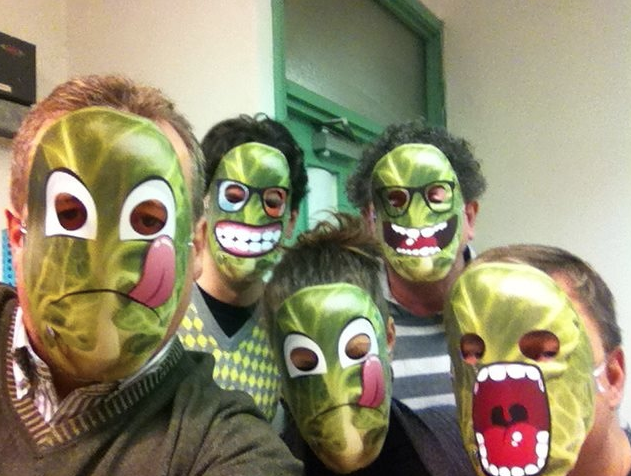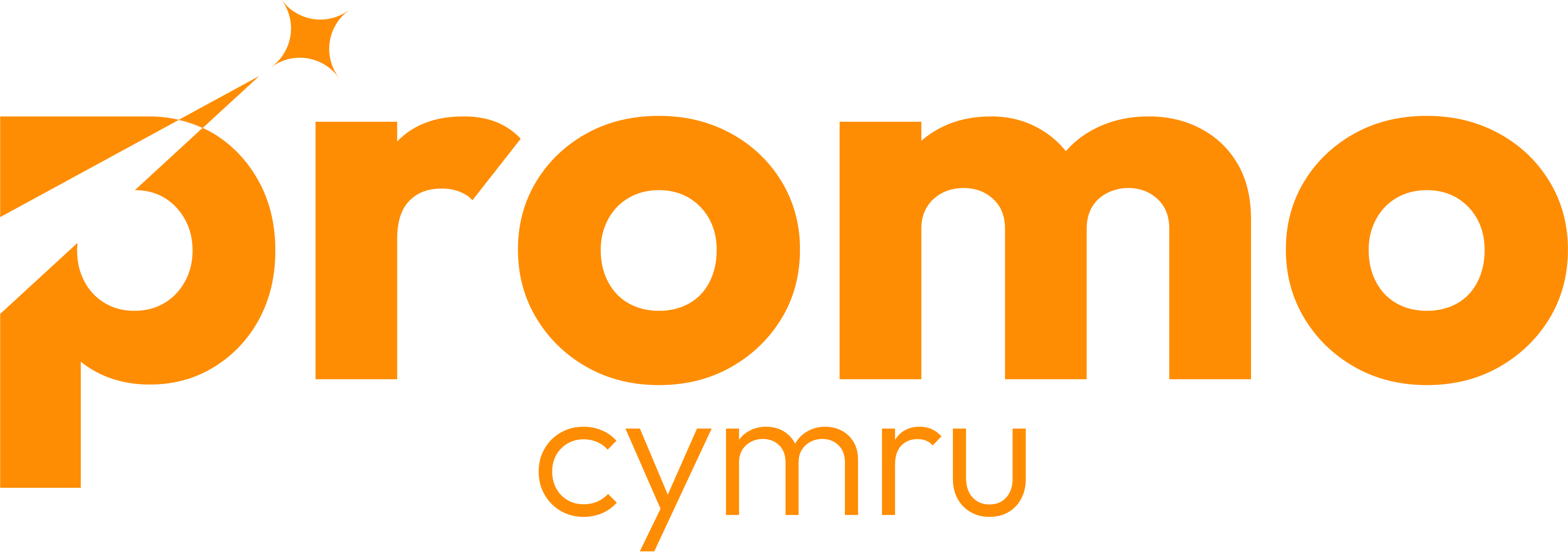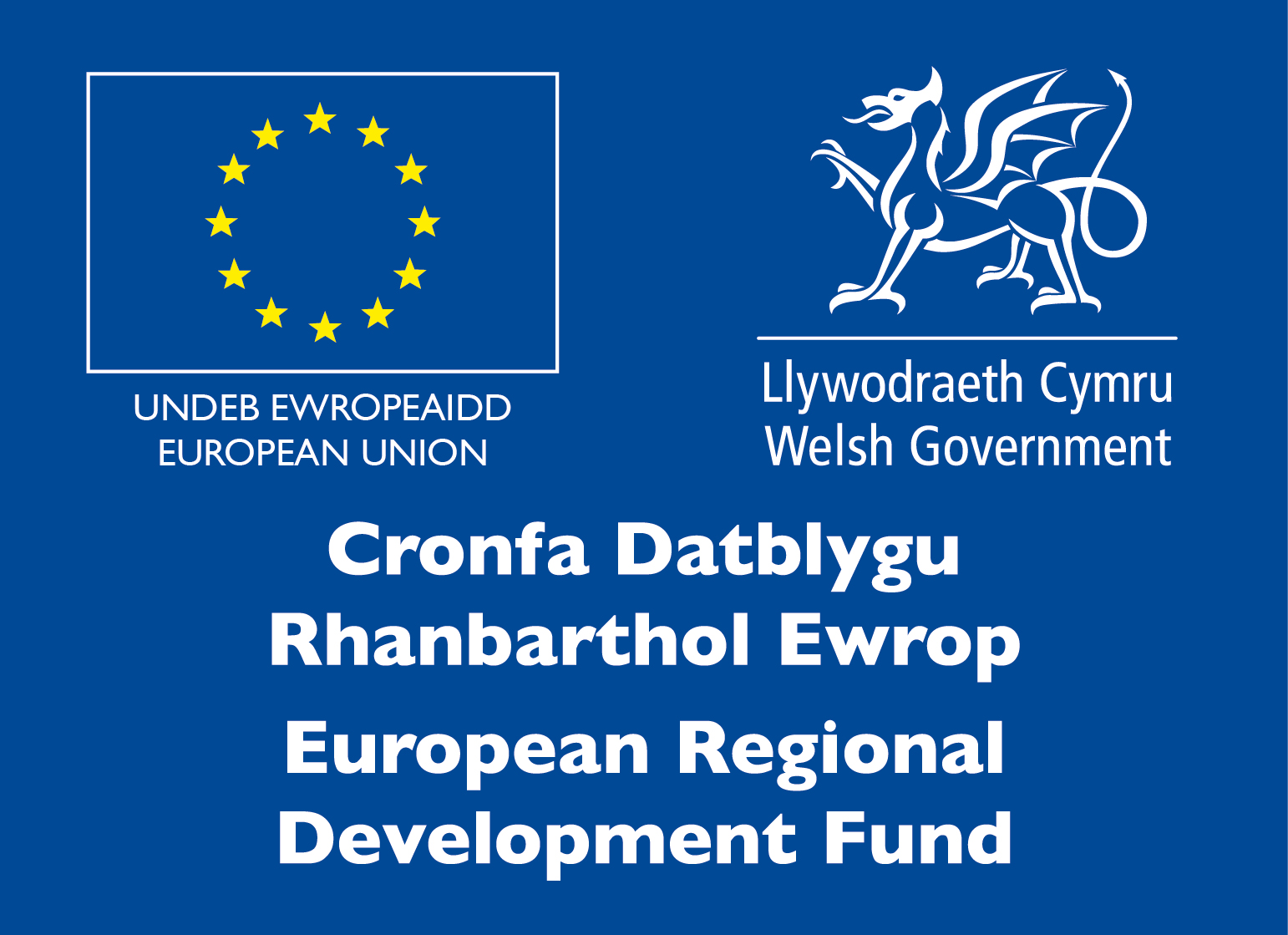by Dayana Del Puerto | 25th May 2016
ProMo-Cymru recently attended a conference exploring the topic of Youth Information in a Digital Era in Helsinki. What did we learn at #Eryica30 and #Digiera30?
ProMo’s Communications Manager, Arielle Tye, relays the most important lessons:
What struck me was how much emphasis is put on youth information in other parts of Europe and how even in times of austerity it still seemed to be high on the agenda.
In Catalonia there is a network of over 300 youth information points, all sharing information digitally via a mobile app and website. I was impressed by the concept that youth information workers are able to instantly share vital youth information with each other at the click of a button. This can then be passed on to the young people that visit one of the 300 youth information points. What an incredibly powerful opportunity to ensure thousands of young people can receive the same information no matter where they are or who they are?
I was also impressed by Finland’s development of youth media groups; facilitated to report on local events, democracy and activities from their own perspective. This model previously existed in Wales under the CLIConline network, where, impressively, all 22 local authorities in Wales had a youth information website led by a group of young reporters creating the content, which showed the way for Finland to follow. Unfortunately the majority of the network has felt the impact of the austerity measures, and only a few sites remain. Previously virtually connected, the few remaining sites now stand alone, operating independently from one another. I couldn’t help reflecting on the need for a youth communications network whilst in Helsinki, feeling a sense of loss and questioning why, in Wales, have we taken a step backwards, whilst others, like Finland, have used our examples to go forward?”

ProMo-Cymru hosted EYRICA training committee in 2010 — Mike Conroy – Lecturer Youth and Community – University Newport in Caerleon. Imre Simon – European Youth Information and Councelling Network, Alexandra Beweiss, Director POYWE, Austria, Johan Bertels, Belgium. Lecturer University of Bruges, Mika Pieltila, Koordinatti – Youth Information Finland
I felt a real understanding when talking to youth workers from the Koordinaatti organisation in Finland about the importance of a youth reporter model in encouraging young people to have a voice. The Finnish really seem to be embracing digital technology to improve the youth voice and democracy through their website. It’s a platform where young people can post an initiative, then others can vote for or against it. Each initiative is fed into the relevant departments of the Finnish Government creating a direct link between young people and decision makers.
“I left the conference feeling inspired with the use of digital communication to improve young people’s access to information, to share news and views and its ability to create the link between young people and decision makers.”
It has made me reflect a lot about what we are doing here in Wales. Many youth information centres have closed as well as the online National Youth Information platform (CLIConline) run by ProMo-Cymru. However, it’s important to highlight that the Welsh Government funded project Meic.Cymru is strong and growing. It is the national information, advice and advocacy line for children and young people in Wales, impressively open 8am- midnight, 365 days a year. We shared this example at the conference as an example of best practice as well as the success of theSprout.co.uk. It seemed that our services are ahead of the game in terms of how to engage a wide number of young people, but perhaps we can learn more about how they connect better with decision makers?
I am continually reminded that digital information is important through various reports, literature and examples of best practice I read and hear about. I believe strongly that we can use digital technology to increase participation, improve accessibility to democracy and to provide information on a wide scale.
It seems that in this ‘digital era’ there should be no excuse to making the access to information easier, fairer and more equal.













